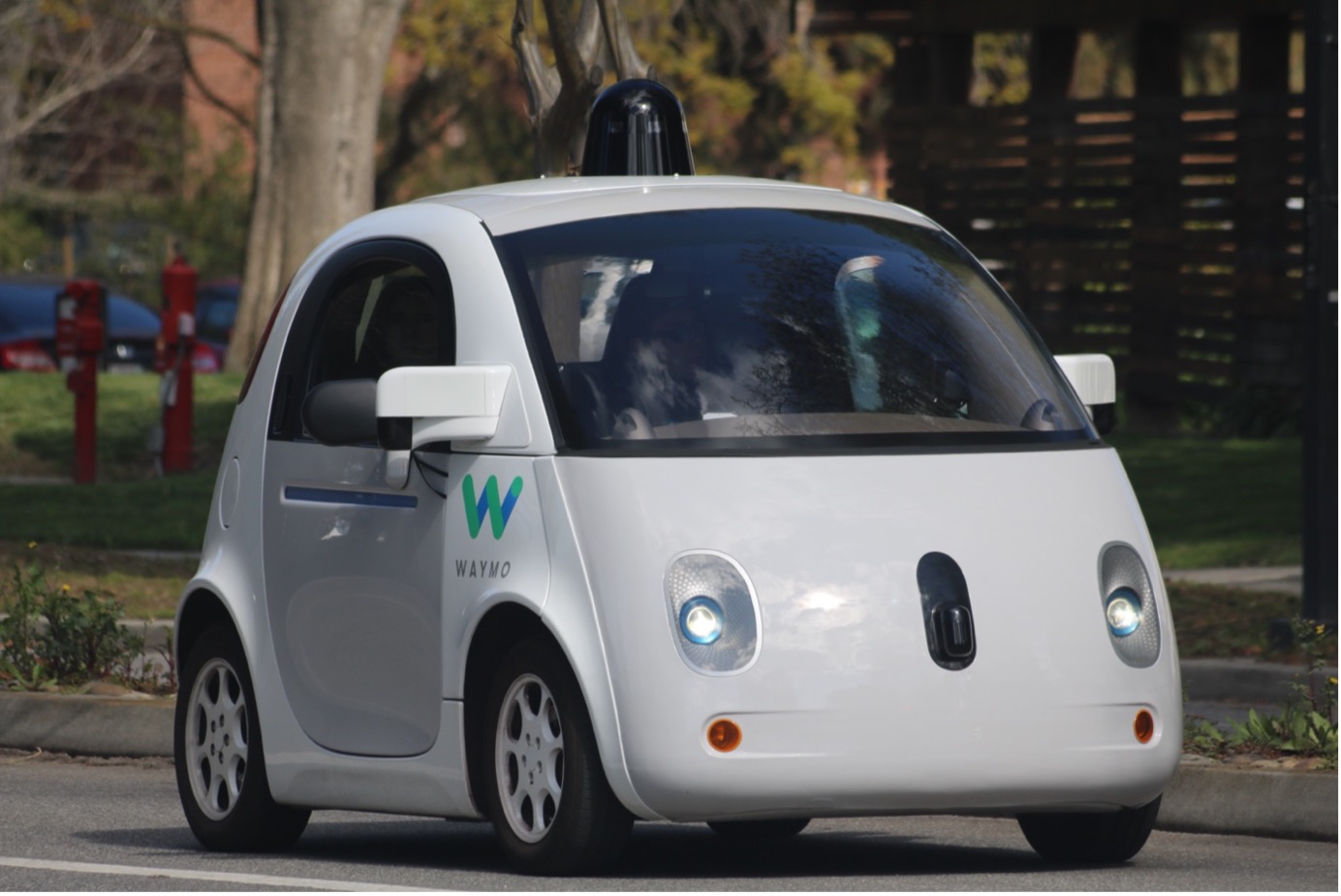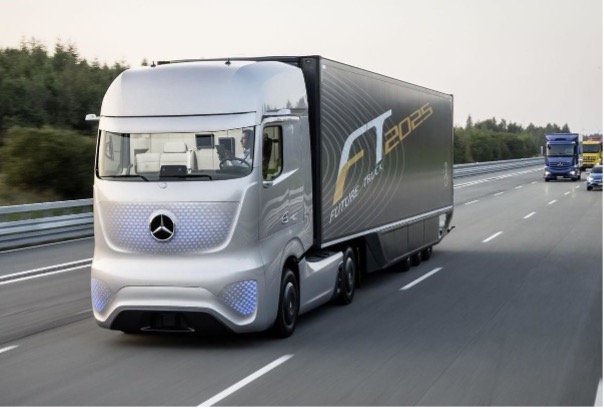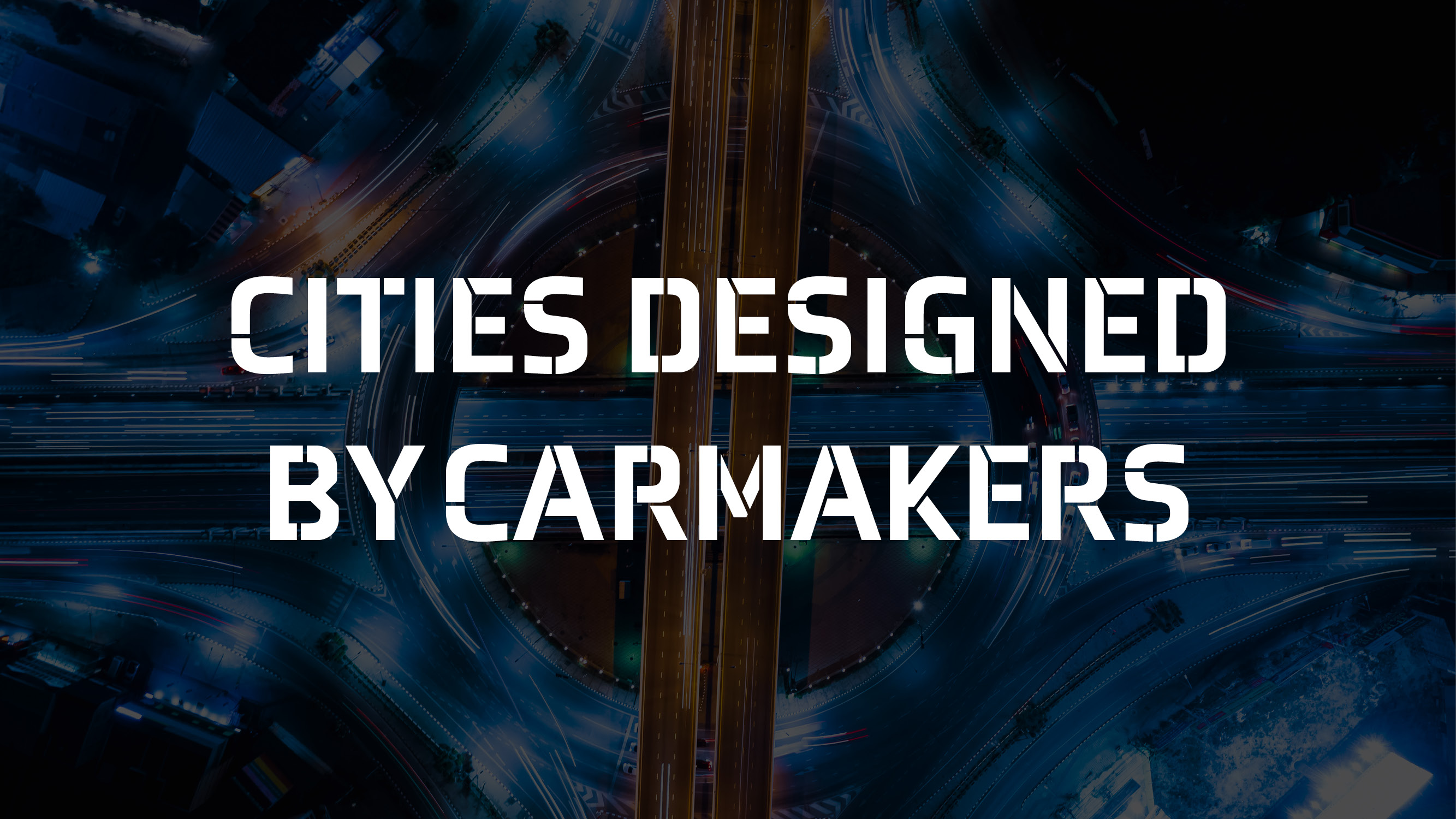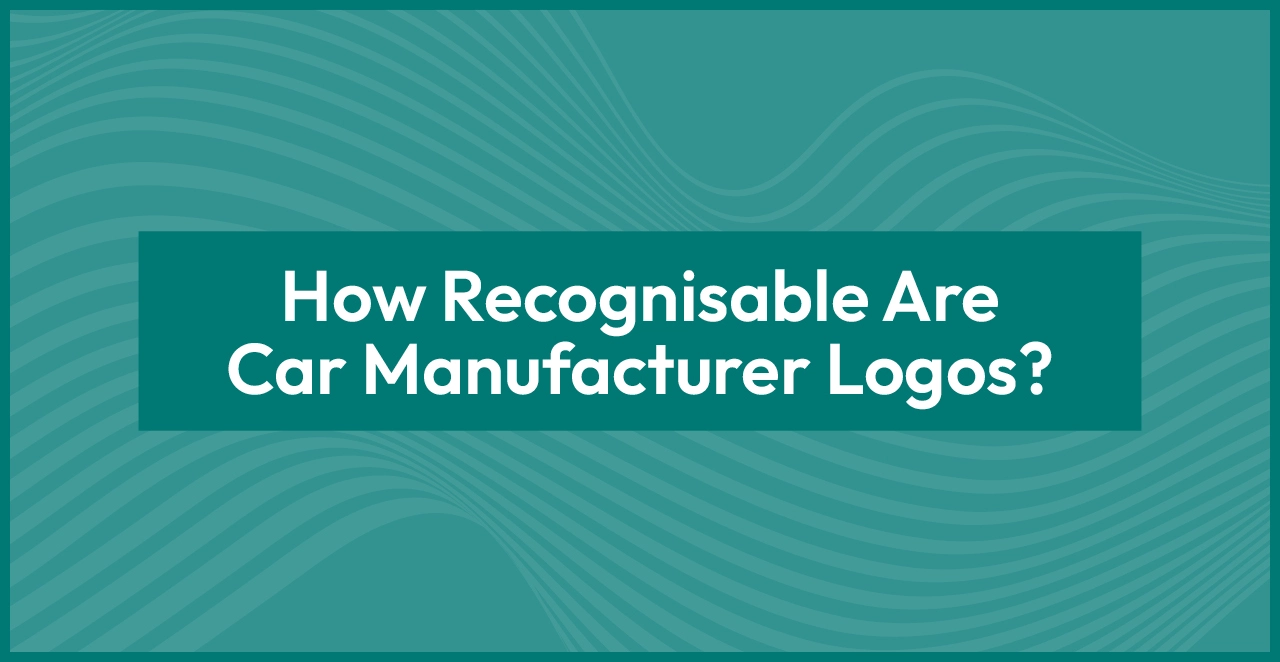Many experts are predicting that we could see self-driving cars on UK roads by the end of 2022, with the Government believing that “the technology could improve road safety by reducing human error, which contributes to over 85% of accidents”. The connection between self-driving cars and improvements in safety is obvious, but what about other ways that the technology could change your life?
In the 1993 cinematic classic Demolition Man, featuring Sylvester Stallone and Wesley Snipes, self-driving cars were portrayed as preventing drivers from driving recklessly, responding to voice commands and drastically reducing instances of road rage. These futuristic features could be coming to your favourite car sooner than you think.
What Is A Self-Driving Car?
Self-driving cars, driverless cars, autonomous cars… even Tesla’s Autopilot. You’ve likely heard several ways to reference cars that don’t require a driver to get from A to B. So, what’s the difference, if there are any?
While many use the names interchangeably to refer to the same thing, there are some slight differences.
In the UK, self-driving cars still require some form of human input. Often, the phrase ‘self-driving’ is referring to Automated Lane-Keeping System (ALKS) technology – like Tesla’s Autopilot. As the name suggests, the vehicle can drive in a single lane at a steady speed on its own. However, there needs to be a human driver to hand over to for more complicated tasks.
A (fully) autonomous or driverless car would be capable of making its own decisions without human input and crucially, be able to take you to your destination, with zero input from yourself. This is perhaps the closest thing to what most people have seen on the big screen. However, technology that allows drivers to completely give up control of their vehicle hasn’t quite arrived yet, but it’s getting closer. We’re sure it’ll be worth the wait once it arrives!
Continue reading to find out five ways that the current crop of self-driving cars will make you think you’re living in a sci-fi movie and what we can look forward to once fully autonomous cars hit UK roads.
There Will Be Businesses On Wheels
The technology behind self-driving cars will one day make its way to vans and lorries (more on that later). Businesses will take advantage of this by bringing their services to your door. Think about what Amazon did with online shopping. You could easily drive to the shops and purchase the items you want, instead Amazon essentially brings the shop to you.
In the future, rather than driving to the cinema, the cinema will be brought to you by a zero-emission driverless car. Maybe you want to do nothing but listen to some tunes on the way to work? A specialist audio car will arrive to make it sound like you’re in the front row of the concert. Other types of businesses that could use the technology are gyms, clothing stores and bowling alleys.
You'll Be Even Less likely To Own Your Car
In recent years, the benefits of leasing your car or van have meant a monumental shift when it comes to automotive purchasing habits and behaviour. There are now 1.7 million people in the UK leasing their vehicle according to the British Vehicle Finance and Leasing Association (BVRLA) – and driverless technology is set to increase this trend.
At the moment, most motorists think of their car as multifunctional. They use their vehicle to drive to work, take the kids to school, transport a new Ikea wardrobe back to their home and even to sleep in. However, experts predict that in the future, most people won’t own their cars and will subscribe to a service with a range of vehicles to choose from. One day you could be in a driverless SUV, while the next day you could be in a van helping a friend to move house.
The Lorry Driver Shortage Could Be Solved
Source: Newsweek
Although a lack of lorry drivers has dominated the news as of late, there’s still around 236,000 large goods drivers on UK roads according to Government statistics. When self-driving technology makes its way to lorries, businesses will be able to decide whether they want to stick with their human-driven trucks or invest in their autonomous counterparts.
Although this sounds like bad news for lorry drivers, the move to self-driving trucks will be far from instantaneous. The shortage in drivers is predicted to widen even further in the next decade according to the BBC. Despite initial fears that truck drivers could be put out of business, it’s looking much more likely that driverless lorries will be needed to fill the gaps where there is a lack of human drivers, rather than replacing them.
No More Road Rage
A staggering 93% of motorists have suffered from road rage in the past, according to a study from insurers 1st Central. Although there are many reasons that a bout of road rage could occur, anything from aggressive driving to other motorists talking on their mobile phone – they all have one thing in common: humans.
When self-driving cars are fully rolled out on UK roads, cars will require much less human input while getting from A to B, if at all. Each self-driving car comes complete with an array of cameras and sensors, making a collision or an act of bad driving much less likely. This means that your daily trip to work or going on the school run could be about to get much more stressful than it is today.
Journeys Will Be Shorter And Cost Less
Speaking of cameras and sensors on your self-driving car, not only will they prevent you from bad driving, but they’ll also help to shorten your journey times and save you money.
Each driverless vehicle will be speaking to each other constantly, whether they are in front, behind or passing on the other side of the road. This will mean that the vehicles will be able to move in unison, reducing the need to start and stop on the road inefficiently. Journey times will be shorter as a result.
In the US, the Department of Energy (DOE) recently said that they expect driverless technology to reduce the fuel consumption of passenger cars by as much as 90% due to this improved efficiency.
If you can’t wait to get your hands on the latest self-driving tech, head over to our Tesla leasing page.





